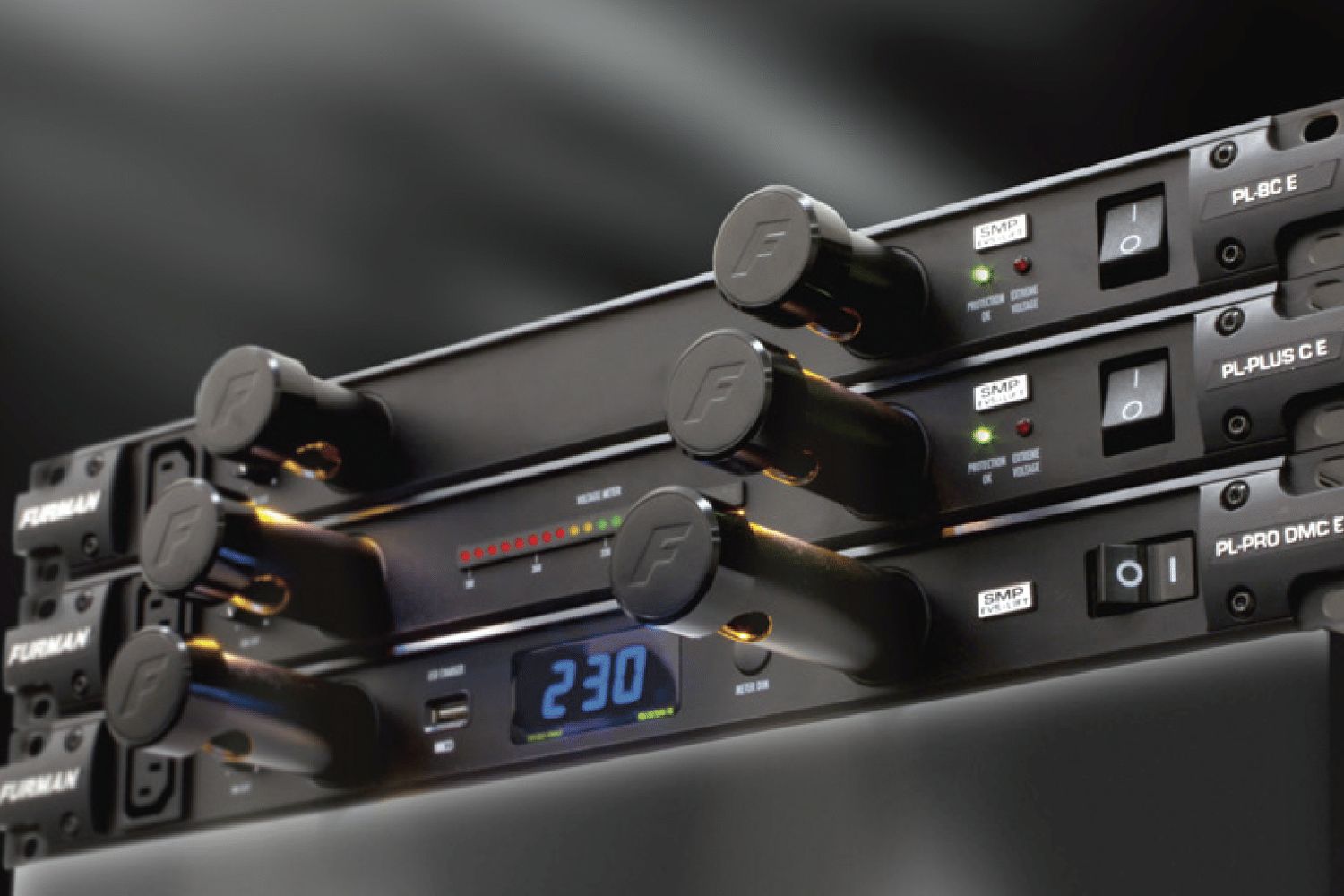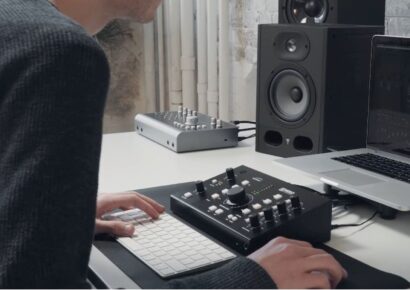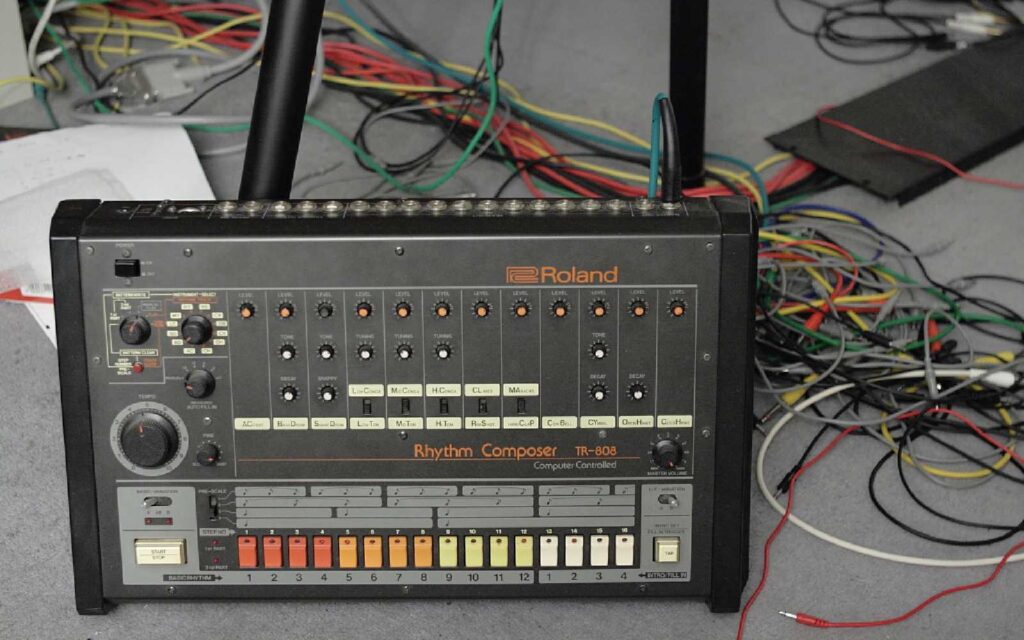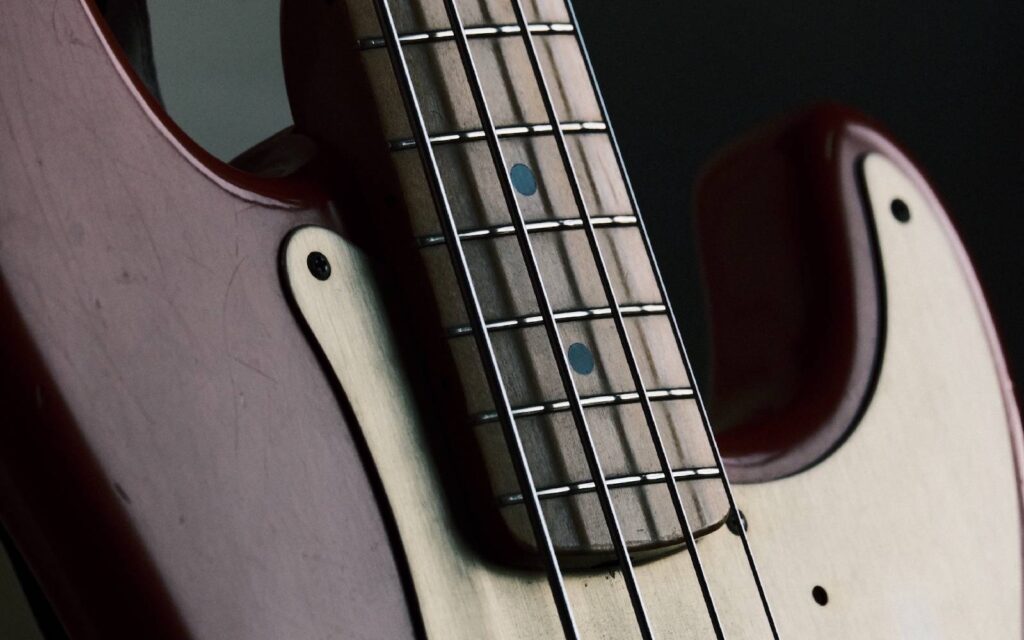Unless you are actively involved in the playing of (and not the recording of) pre-war blues, acoustic folk, or unamplified chamber music, chances are that you are probably incorporating electricity into your music making process, in some way, shape or form. Whether you are completely cognisant of it or not, in this day and age, it’s practically unavoidable
. But what happens when the cart develops quicker than the horse? When the technical capabilities and sonic quality of our electric instruments, powerful recording/playback devices and digital signal processors distinctly follow Moore’s law of technological advancement, while the electrical source we continue to draw from is still roughly the same as it was 100 years ago? Jeff Mackenzie, engineering and training manager for Jands (Australia’s home to leading power conditioner brand Furman) explains.
Read up on all the latest interviews, features and columns here.
“When the grid system was first established, electricity was still in its infancy. It was designed for simple domestic use. Heating kettles and lighting houses—applications that were much more tolerable to random fluctuations and swings in nominal voltage,” he says.
“Never could they have imagined we would be using grid power the way we are today in the studio and live audio industries. Now we are in a situation where the power supply we have is archaic and sub-optimal to our needs.”
Mackenzie is not being precious either. Take one look around and the telltale symptoms of dirty power are all around us: in the whistling of a guitar amp, the buzzing of a playback monitor, the clicks and pops on a digital recording or in the worst case scenario, in an unexplained fire or blown piece of gear.
Suffice to say, the recent boom in consumer and prosumer recording has been anything but smooth sailing down here in Australia, a perfect storm typified by cheap aftermarket power supplies, equipment originally intended for overseas markets and some uncharacteristically loose governance of the local power grid, allowing for a surprising amount of leeway between nominal (average) and maximum voltage (and with very little parity from state to state).
“This inconsistency is at the heart of many of the issues that we as the audio community face here in Australia,” Mackenzie explains.
“For normal use, it’s fine, but for someone operating a PA or sensitive recording console, the difference between 220v in Sydney and 250v in certain parts of Western Australia can be devastating.”
This is at the heart of why power conditioning devices (like Furman’s Classic Series-Export or AC-201AE) make so much sense in this part of the world. We have a particularly unique power situation that needs regulation, be it through legislation or through rack gear.
Furman’s high quality offerings incorporate features like Multi-Stage Protection (SMP), Linear Filtering Technology (LiFT), and Extreme Voltage Shutdown (EVS), features that are perfectly in line with our particular predicament, here down under.
“On the one hand, a power conditioner will serve as a buffer that ensures your power source is brought back to nominal, filtering out nasties and ensuring the consistent and predictable operation of critical audio equipment,” Mackenzie explains.
“The other side of the coin is protection for yourself and your gear, against a whole host of potential power hazards—everything from a lightning strike to a random 3000v spike in the network. Furman units are a great insurance policy in that regard.”
Hearing Jeff put it in such simple terms is something of a revelation to someone like me who has always eschewed the sparkier elements of audio theory. The longer we talk the more it becomes apparent that it’s not only pro audio boffins, commercial integrators and studio types who can reap the benefits and peace of mind that comes from good, clean power. These days, we are seeing more and more guitarists turning to a power conditioner to cure their tonal woes or protect their precious touring rigs.
“Guitarists are particularly vulnerable to dirty power as they are constantly adding gain devices and additional power supplies into the equation,” Mackenzie elaborates.
“This in turn brings up the noise floor through every pedal or amplification stage. Before you know it, you’ve compromised the lion’s share of your tone, not to mention boosted any other artefacts that might be present in the signal.
“By regulating the nominal voltage of the grid power in whatever city you are playing, power conditioners can filter out these nasty artifacts before they leave their imprint on your sound, not to mention protect your equipment from whatever power they happen to be running in that part of the world.”
As we continue our conversation, I find myself asking a lot of big questions. Technical audio questions, internalised questions about infrastructure and geography and circumstance and the influence this kind of banal utilitarian stuff can have on artistic process and workflow. As someone who has spent an inordinate amount of time trying to locate buzzes and interference within the recording chain, as well as having fallen victim to mild electrocution on multiple occasions, this conversation has definitely struck more of a chord in me than I first anticipated.
I ask Jeff if he can think of any hotspots for dirty power here in Australia, any areas that could really benefit from power conditioning. His response is enough to make me want to cry in frustration.
“I think of places like Brunswick in Melbourne or Ultimo in Sydney—places that were historically heavy industrial areas, but ended up being home to a heap of recording studios, multimedia spaces and music venues. I hate to think how much time might have been spent troubleshooting every link in the recording chain, when it was the mains all along.”
Touché, Jeff.
Get in touch with Jands to find out more about Furman Power Conditioning today.







